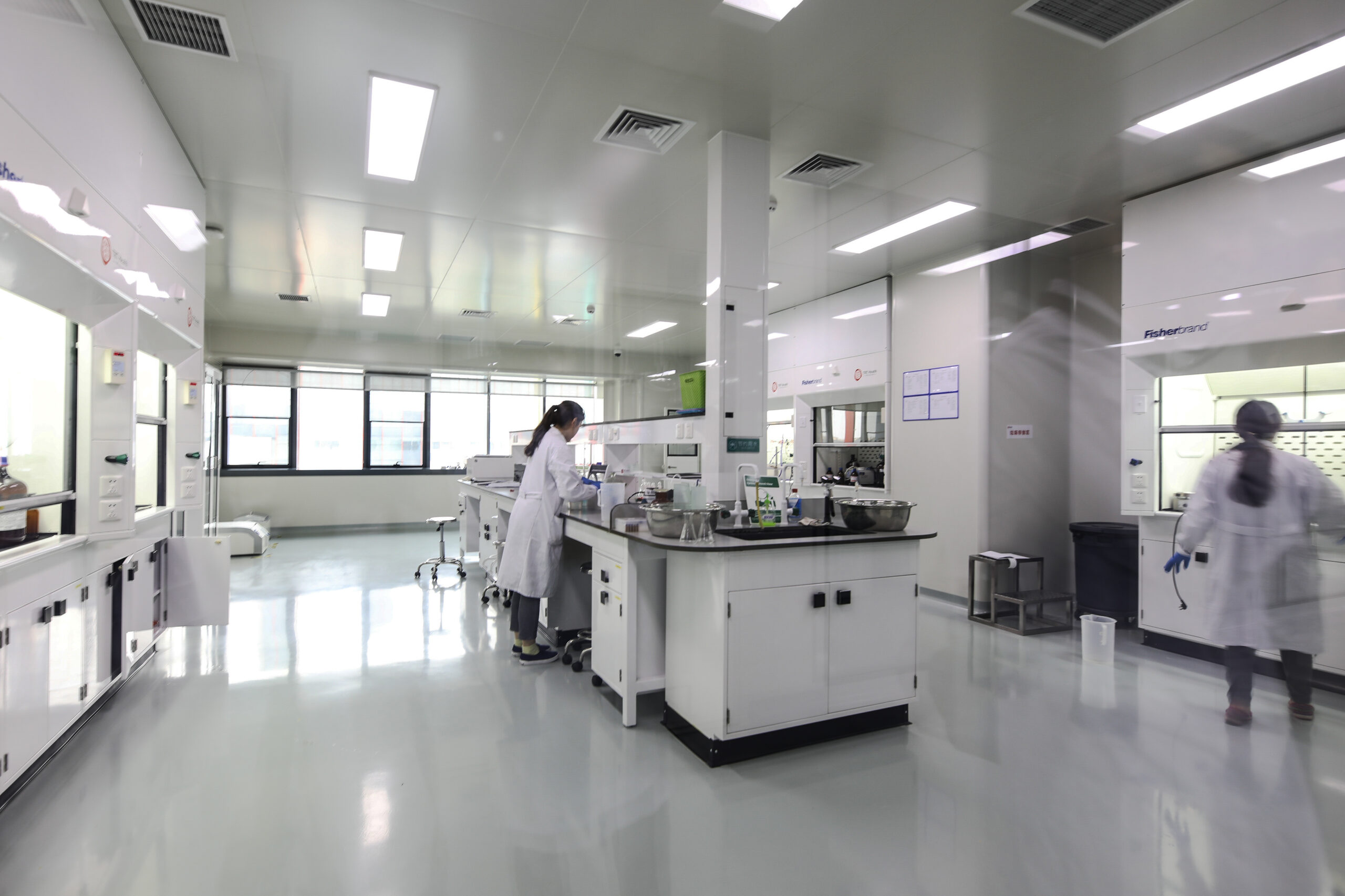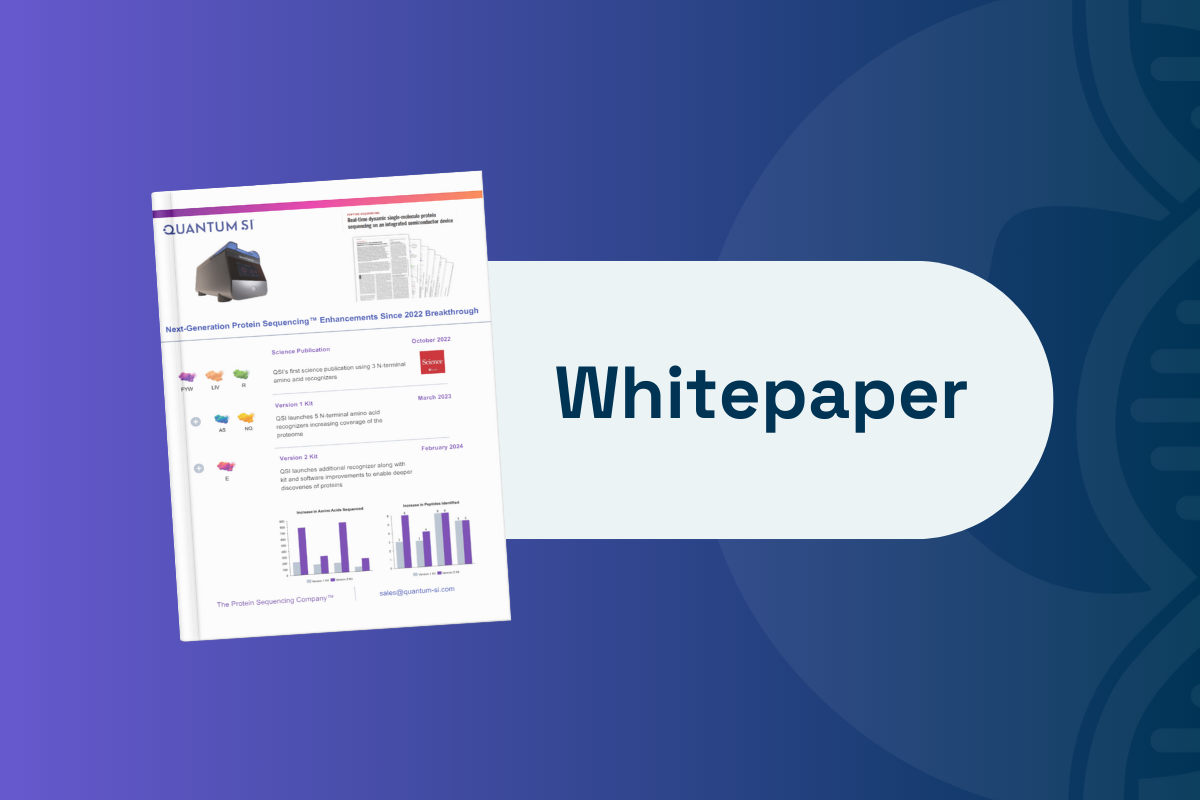Q &A with Shilpi Rajoria

Interview conducted by Isabelle Easton
Shilpi Rajoria, Director QC Analytical Testing at Bristol Myers Squibb will be speaking at Oxford Global's Cell &Gene Therapy Manufacturing &Supply Chain Congress on the 10-11th May 2023, in Dublin, Ireland. She will be presenting on the 'Control challenges Associated With Cell Therapy Facilities' within the dedicated Development Of Cell &Gene Therapies (Analytics &CMC) And Regulatory Updates track.
Read about her work and the current challenges she is facing within cell therapy analytics below.
1.) Can You Provide Insight Into the Work You Are Doing at BMS?
"At BMS, my team's mission is to define and deliver the world's most trusted cell therapy commercial and clinical products. I have a team of over 100 associates responsible for all in-process, release, and stability testing for both the Abecma and Breyanzi CAR T products. We perform an array of assays which quantify potency, viability, identity and purity of the final product utilizing various analytical platform including but not limited to Flow cytometry and PCR."
2.) What Challenges Are You Currently Facing Within Cell Therapy Analytics, in Particular Producing Cellular Assays With Controls?
"Selecting an appropriate assay control and monitoring system is a very important step in a cell based assay. Assay control determines if the assay was performed appropriately and is functioning properly. For autologous cell based therapy, an assay control which is manufactured in the same facility using the same reagents is the best control.
- Overcoming the Challenges in Cell Therapy Manufacturing
- Looking into the Crystal Ball: The Future of Disruptive Cell and Gene Therapy Manufacturing
- AAV Manufacturing Using Osmolality
However, this creates certain challenges with total yield of control material per donor due to batch size of one. There could be huge donor to donor variability between cell banks that require careful method performance monitoring."
3.) How Are You Working To Solve These Challenges?
"To combat donor to donor variability between cell banks, we monitor the method closely to allow for reaction to adverse trends within the QC Labs ensuring consistent performance."
4.) How Can Those Working in Cell Therapy Manufacturing Sites and Suppliers Work Together To Improve Product Development?
"Automation is the key. With more automation, the variability for starting material and process can be better controlled. Bigger batches of raw materials are also needed to combat variability in the batches and provide consistency."
5.) Looking at the Industry as a Whole, What Upcoming Cell Therapy Technologies and Strategies Would You Like To See in the Future To Improve Commercial Success?
"I am very excited about allogenic cell therapy prospectives. Allogenic cell therapy will allow for scaling up to reach more patients as opposed to autologous cell therapy which allows for scaling out to reach more patients and may not be sustainable."
Facilitating high-level discussion to streamline and fast-track the manufacture, development, and commercialisation of advanced therapy medicinal products, Cell &Gene Therapy Manufacturing &Supply Chain Congress is an event not-to-be-missed.
Register HERE today.
For more information on Oxford Global's Cell and Gene Therapy event series, visit: https://oxfordglobal.com/cell/upcoming/
Speaker Biographies
Shilpi Rajoria, Director QC Analytical Testing at Bristol Myers Squibb - Shilpi Rajoria is head of S12 QC Analytical Laboratories, BMS, NJ, USA. Shilpi did PhD in Cancer Biology from New York Medical College, NY, USA. After her PhD, Shilpi completed several post-doctoral research assignments at Rutgers University, Albany Medical Center, Rensselaer Polytechnic Institute and New York Medical College, focused on cancer research and analytical testing. Shilpi then joined LabCorp Clinical Trials (hCovance), focused on Flow Cytometry QC Testing. Shilpi has been with BMS since 2017 and has been focused on various aspects of operations, Risk Management, Validation, Tech Transfer, and commercialization of Abecma. Her team is responsible for all in-process, release, and stability testing for CAR T products. Shilpi lives in NJ, USA with her husband, and two young sons who keep her busy at home. Outside of work, Shilpi enjoys watching Bollywood movies and true crime shows, and travelling to new places.






